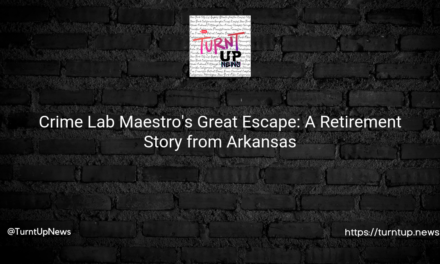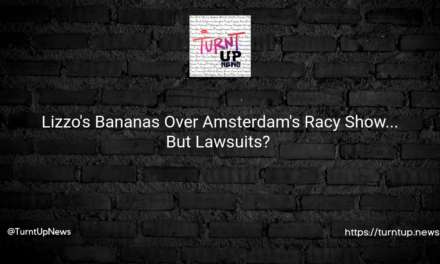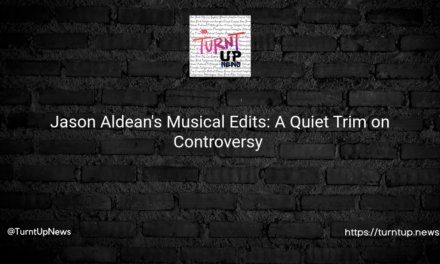“Barbie’s Big Monologue: More than Just Plastic Talk? 🎤👱♀️💅”
TL:DR; In the latest Barbie film, Greta Gerwig presents an evocative monologue delivered by Gloria (played by America Ferrera). While the speech draws praise from many, some critics label it as ‘basic feminism’. Is Barbie’s speech just a doll’s rant or a poignant reflection on womanhood? 🤷♀️💄
While the classic Barbie has been teaching kids about careers, dreams, and the world for decades, the new film pushes boundaries with a speech that dives deep into womanhood. Ever wondered what happens when Barbie gets an existential crisis? 💭
Picture this: Ken, after a stint in the real world, returns to Barbieland with some not-so-cool ideas – ushering in a male-dominated world. 🌍🤦♀️ And there’s Stereotypical Barbie (played by Margot Robbie) grappling with self-worth and identity. Who knew a doll could feel this much?
Amidst this, we have Gloria, a Mattel assistant in the ‘real world’. She’s having her own set of issues, from motherhood musings to existential ponderings. But when Barbie starts “glitching” (yep, dolls thinking about death! 💀), it’s Gloria and her daughter Sasha who step into Barbieland.
Gloria doesn’t hold back, shedding light on the impossible expectations set for women: “You have to want to be thin, but not too thin.” 🍎 And her climax? “I’m just so tired of watching myself and every single other woman tie herself into knots so people will like us.” 😤
Now, the discourse isn’t limited to adult viewers. Gloria’s audience includes the uninitiated Barbies and her teenage daughter, Sasha. It’s a refreshing teachable moment about real-world pressures women face. But isn’t it ironic that dolls, representations of perfection, are the ones being schooled?
The monologue’s origins are intriguing. Greta Gerwig drew inspiration from Reviving Ophelia, a book exploring the challenges teenage girls face. “They’re funny and brash and confident, and then they just—stop,” says Gerwig. Sound familiar, anyone? 🤔
Critics, though, have mixed feelings. Some label the speech as ‘basic feminism’ while others laud its depth. The ‘cool girl’ monologue from Gone Girl is even pulled into the comparison mix. But here’s the tea ☕️: these critiques overlook the transformative arc Gloria presents, from childhood to adulthood.
One bone to pick? This reflection is tucked inside a PG-13 film. Many pre-teens, standing at the precipice of these challenges, might miss it.
🚫 Disclaimer: The views expressed here are only interpretations of the original story and are not investment, health, or any other kind of advice. Always consult professionals when making decisions.
So, is Barbie’s monologue just another “doll’s talk” or a reflection we all needed? And more importantly, how can stories like these be made accessible for the younger generation who might benefit the most? 🤷♀️🎬





